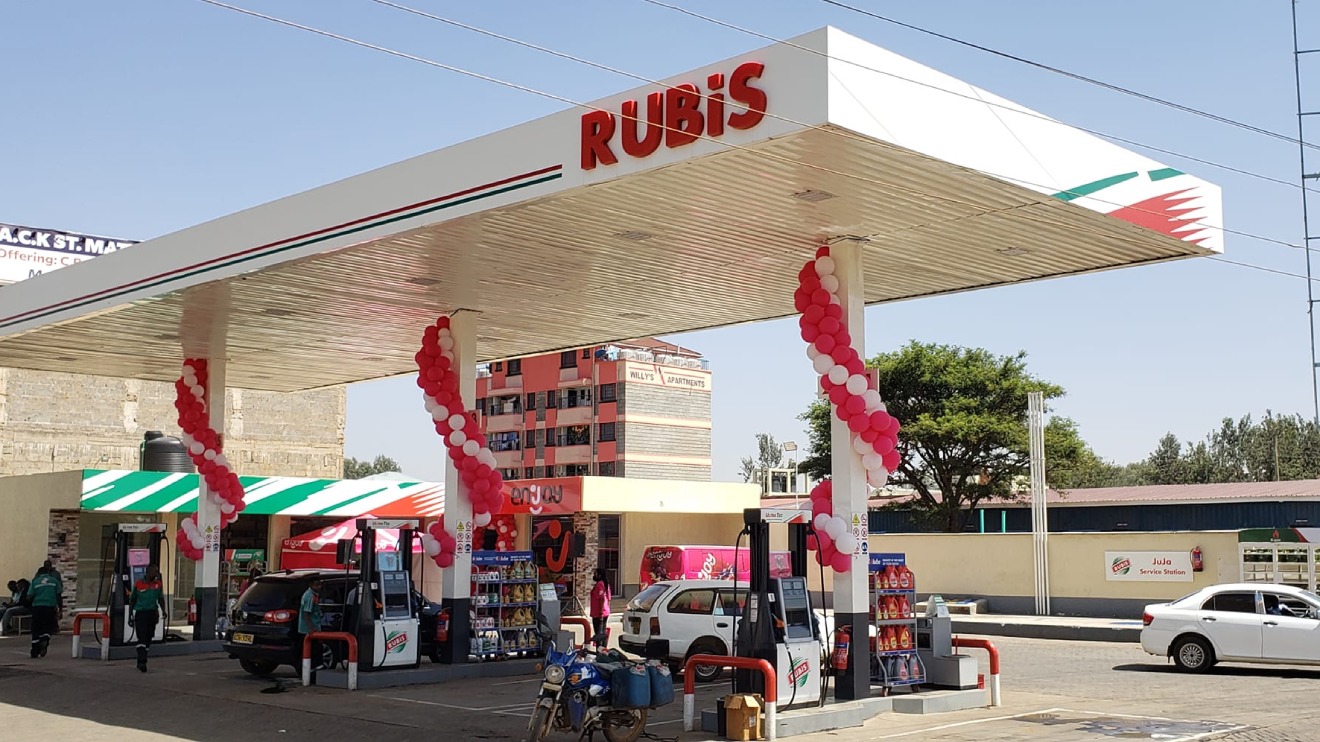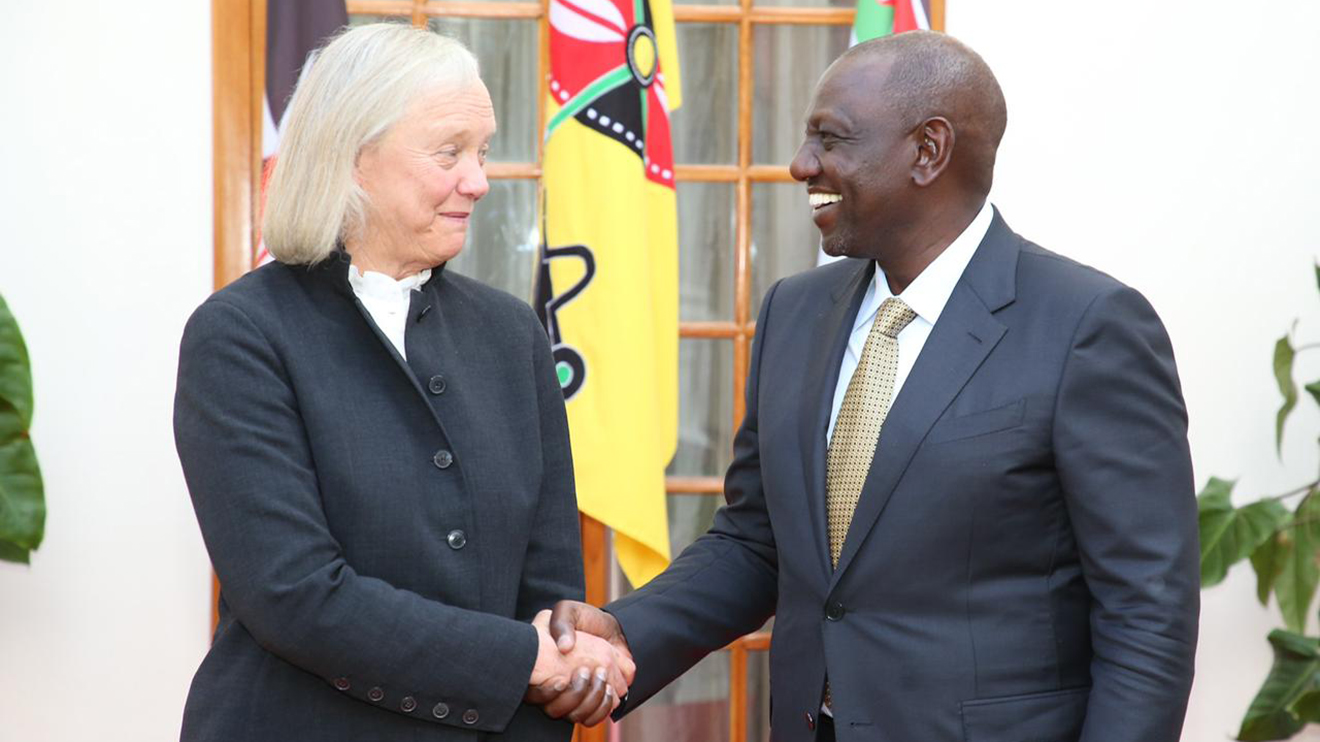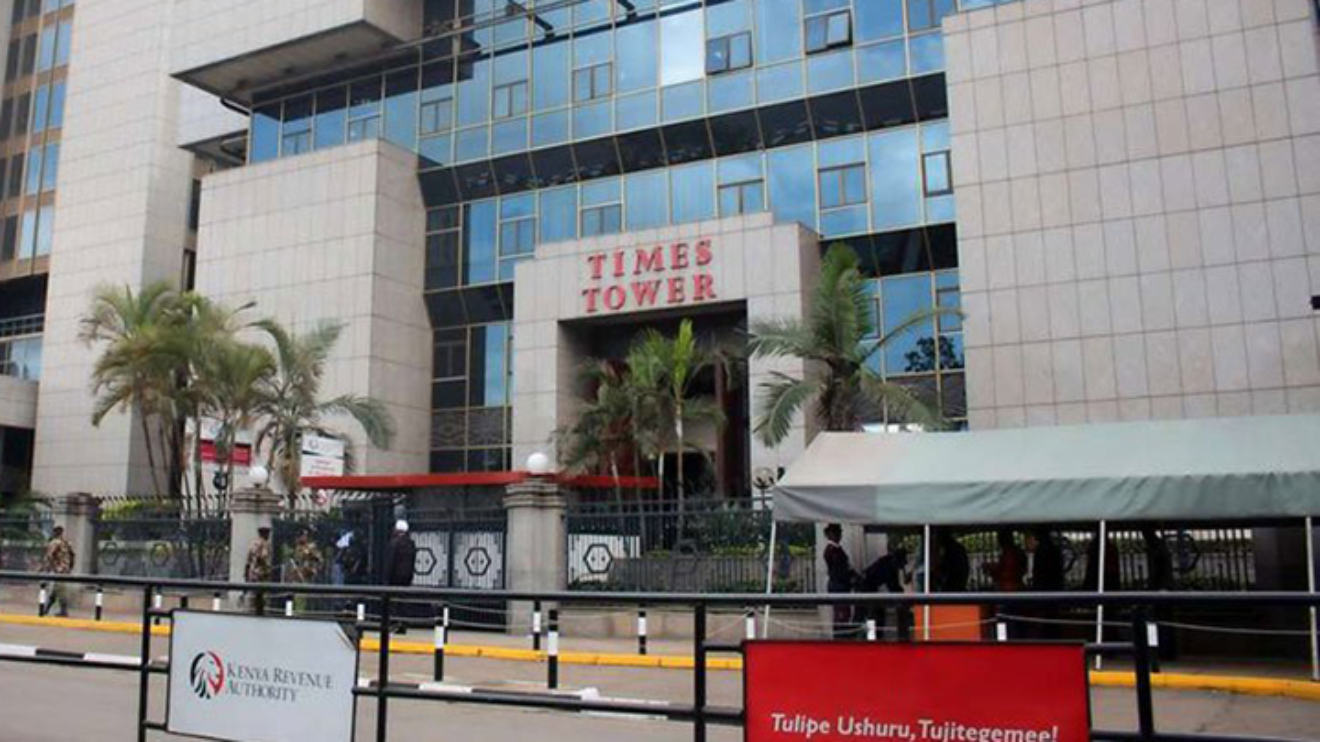In a significant development within the energy sector, Rubis Energy Kenya has successfully converted €30 million (Sh4.7 billion) worth of pending fuel subsidy dues into government bonds, marking an important step in the state's ongoing efforts to settle payment delays with oil marketers.
The company was part of a consortium of oil marketers who agreed to exchange Sh45 billion in pending bills for a three-year Treasury bond, as disclosed by the Ministry of Energy.
Prior to the completion of the swap deal, the Ministry of Energy reported that Rubis was owed Sh4 billion, while fellow multinational corporations Vivo and TotalEnergies were owed Sh13.8 billion and Sh8.2 billion, respectively.
Oryx and Ola were also among the companies owed substantial amounts, with Sh3.5 billion and Sh2.3 billion respectively, while the total arrears to other oil marketers were estimated at Sh14.4 billion.
Rubis Energie, the French parent company of Rubis Energy Kenya, provided insight into the conversion process in its financial report for the first half of 2023.
Read More
"The increase in loans to third parties of €30 million (Sh4.7 billion) corresponds to the swap of receivables on the Kenyan government for three-year Kenyan treasury bills [bond] in respect of the payment of the subsidy due on petroleum products," the company stated.
To facilitate this conversion, the Kenyan government initiated a tap sale of a three-year bond in late June, allowing oil marketers to exchange their outstanding debt.
This move successfully raised Sh18.6 billion at an interest rate of 14.23 per cent.
A second tranche of the swap has been scheduled for this fiscal year, with specific details about the bond yet to be disclosed.
Nevertheless, in July, the Treasury reopened a 10-year bond with a 3.2-year maturity, raising an additional Sh15.7 billion.
The backdrop to this development lies in the government's fuel price stabilization plan, which was introduced in April 2021 to shield consumers from soaring pump prices amidst the lingering effects of the Covid-19 pandemic on the economy.
However, the subsidy program was terminated by the Kenya Kwanza administration in September 2022, citing its unsustainability.
Despite disbursing Sh124 billion to oil marketers under the subsidy plan, the government was left with arrears totalling Sh45 billion.
The issuance of bonds was designed to address this outstanding debt.
The holders of these bonds will now have two options: they can retain them until maturity in 2026, earning annual interest, or opt to sell them on the secondary market at the Nairobi Securities Exchange (NSE), thereby unlocking immediate working capital.
Nevertheless, sellers may face a haircut due to rising yields in the secondary market, resulting in lower bond prices.
The delays in compensation have had a significant impact on oil companies, which rely on substantial cash flows to maintain their operations.
To bridge the gap caused by these delays, companies like TotalEnergies had to resort to short-term loans, with the disclosure that they took Sh14.5 billion in such loans for the year ending December.
This conversion of fuel subsidy dues into government bonds is expected to resolve long-standing payment delays between the government and oil marketers, providing a ray of financial stability to both parties involved.


-1731665904.jpg)


-1731583283.jpg)
-1731566290.jpg)



-1731675695.jpg)
